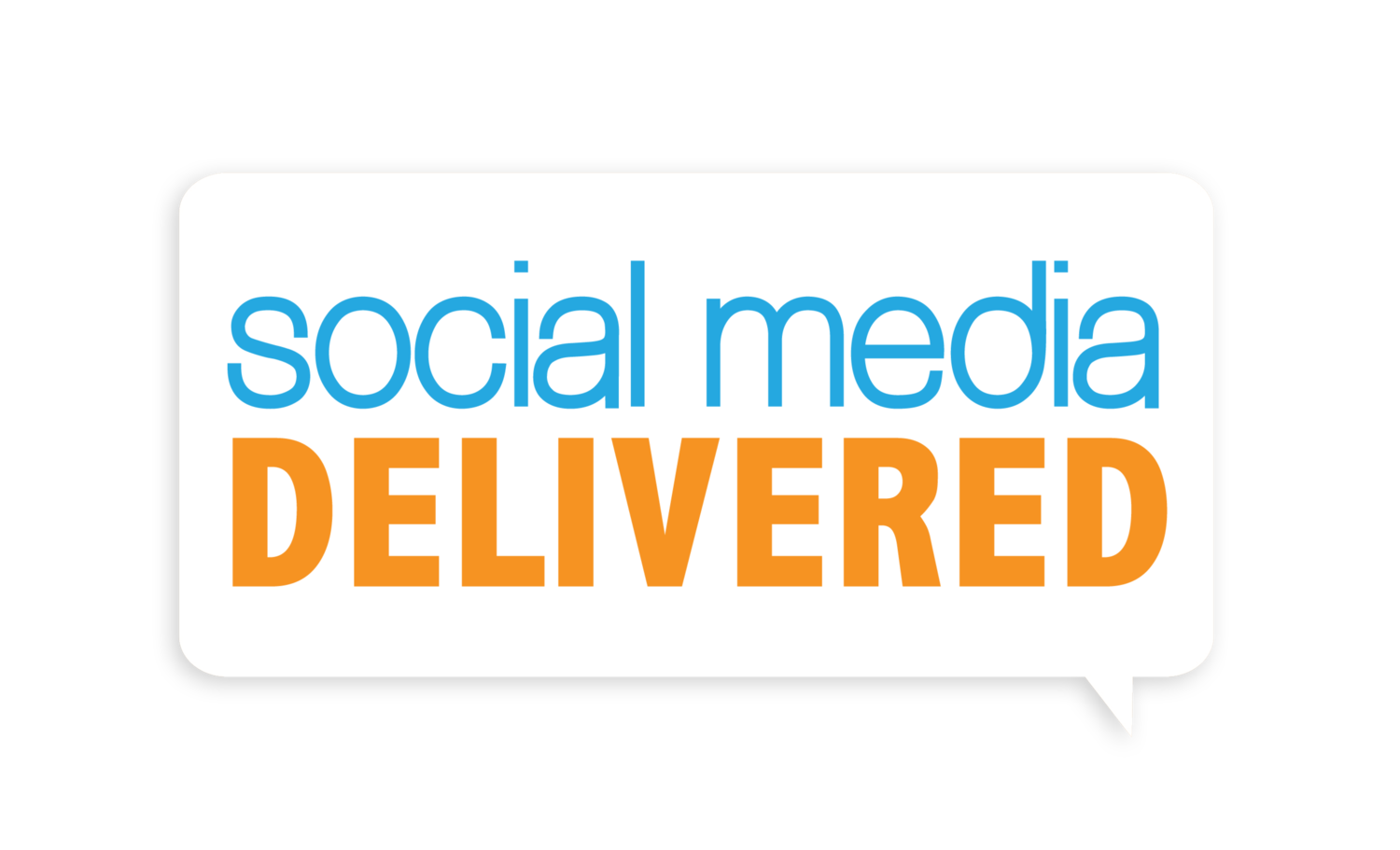Do Social Media Profiles Replace the Need for a Website?
Do Social Media Profiles Replace the Need for a Website?
Michael Magnus | @TheMagnusOpus
Illustration provided by Ken Torne
tl;dr – No
Most of our fancy modern marketing strategies have their roots in very traditional advertising tactics. For instance, if you were to read John’s Caples’ 1982 masterpiece on direct mail marketing, Tested Advertising Methods, but mentally put a little “e” in front of every mention of mail, the strategies are still sound. YouTube ads evolved out of traditional television spots. Podcasts parallel the radio strategies of yesteryear. And websites are our modern brochures and catalogs.
Social Media platforms certainly help us reach diverse audiences, however there is still a need for a static landing page to drive all of your traffic to. Whereas a tweet’s impact has all but vanished within 30 minutes, websites allow you to keep the most important information readily available and easily accessible.
That being said, when starting your new website, hosting can be a somewhat confusing topic to tackle. For starters, what even is web hosting?
What is Web Hosting?
Website hosting is more or less simply where your website's files will be. It is what will be responsible for showing your website to the world, so reliability and safety are both important factors for ensuring that your site is up at all times.
If you start doing your own research, you’ll find that there can be a confusing variety of hosting options: cloud hosting, shared hosting, windows hosting, reseller hosting… but what does it all mean?! Don’t worry if you’re starting to feel overwhelmed.
Rest assured, that when getting started, there are two simple ways to get your site off the ground: WordPress hosting and website builders.
WordPress Hosting vs. Site Builders
For many individuals or small businesses getting started, they’ll likely begin with a WordPress page. It’s a familiar name and “everyone uses it”, so it’s the logical place to launch your website, right?
In theory, you can build a “free” website through WordPress.org, but even the purchased templates can be confusing if you don’t have a background in coding and the associated costs can rack up pretty quickly as you fumble your way through. Alternatively, other folks will build a site on WordPress.com (subtle, but important difference) that allows you to integrate website builder tools that make the process much easier. But then you need a host.
Usually you can get WordPress hosting for less than $10/month, however, pro tip, make sure you find one that includes an SSL Certificate. This is what allows your site to be a secure “https” versus a “http”, which can be a complicated codex nightmare to apply yourself after the fact. Sound confusing? It is. Make sure your host comes with an SSL Certificate.
Once you have WordPress hosting set up, you can typically access your WP admin directly through the hosting portal and life is good.
Now, if any of this still seems like a lot of steps just to get started, you’re in luck! There’s also the option to use an all-in-one website builder that does everything in one place. One place to log in, one price to pay, and you get your hosting, your domain, access to a drag-and-drop site builder with custom templates, and it still comes with that all-important SSL Certificate.
“Such ease of access must cost a fortune” you say to yourself. Nope, this option is still less than $10 a month for all of those things combined. Can you really afford not to at least try it out?
All Right. We Get it. We Need a Website.
Websites are an easy way to supplement your current marketing strategy by having consistent information all in one place. Google’s algorithm awards bonus SEO value for site age, so creating a website sooner than later will be vital to your long-term growth, even if you don’t see the immediate significance.
The formerly intimidating task of creating a website has been made much more approachable thanks to continual advances in site building resources. We no longer have an excuse.
Michael Magnus is a professional turned academic teaching Strategic Communication at TCU. Both in the classroom and with his consulting, Magnus advocates for digital ingenuity integrated with traditional success strategies.

